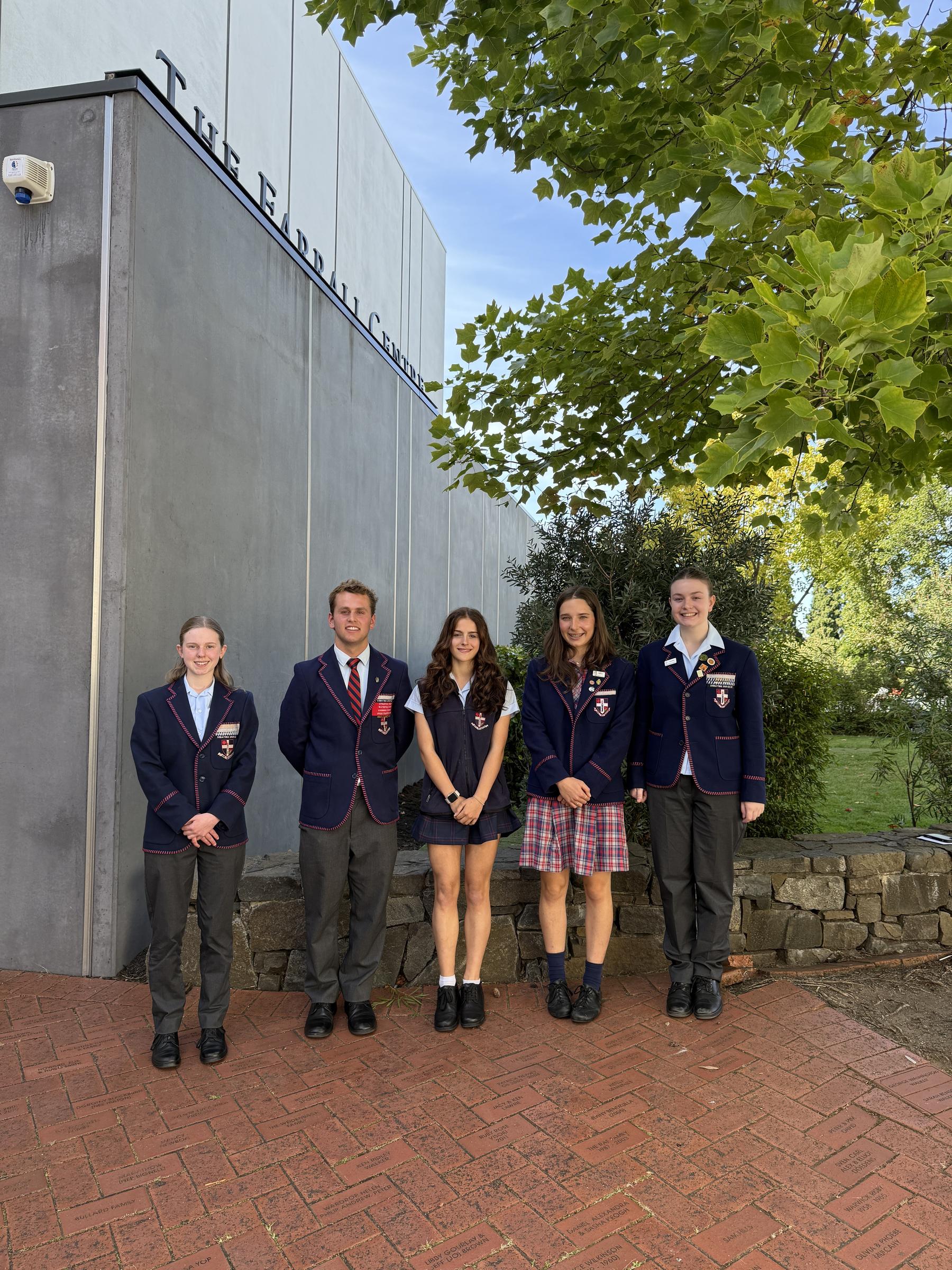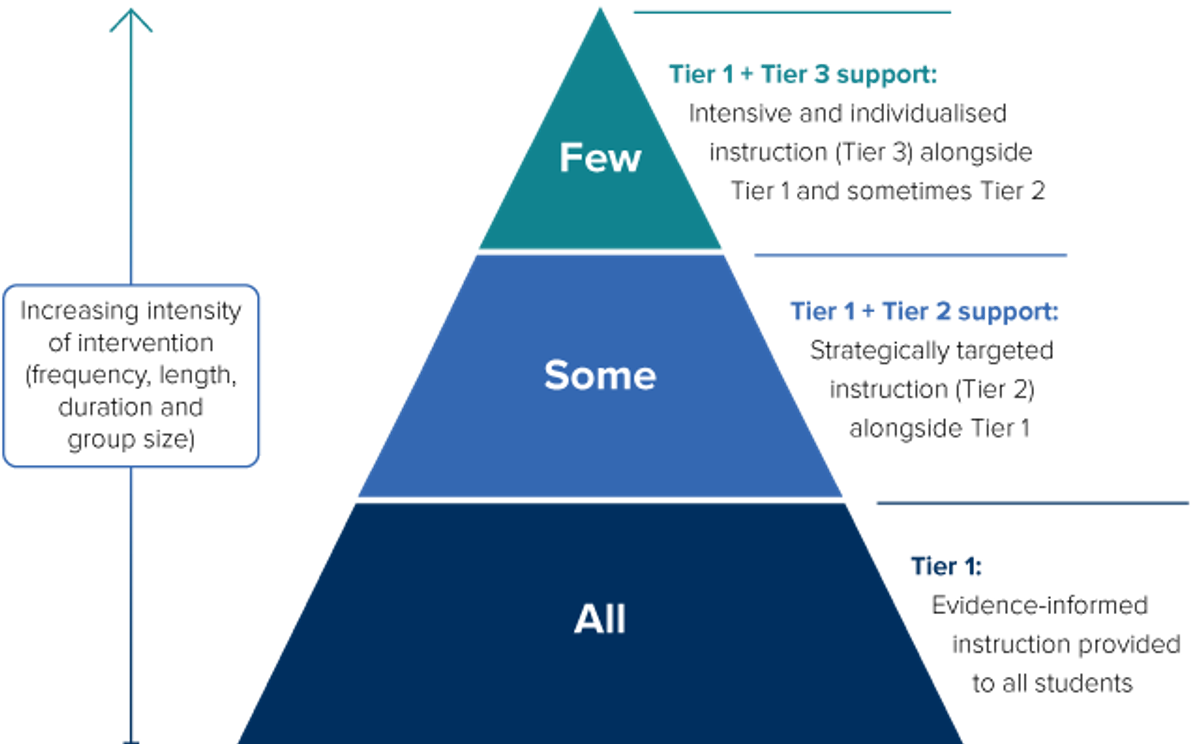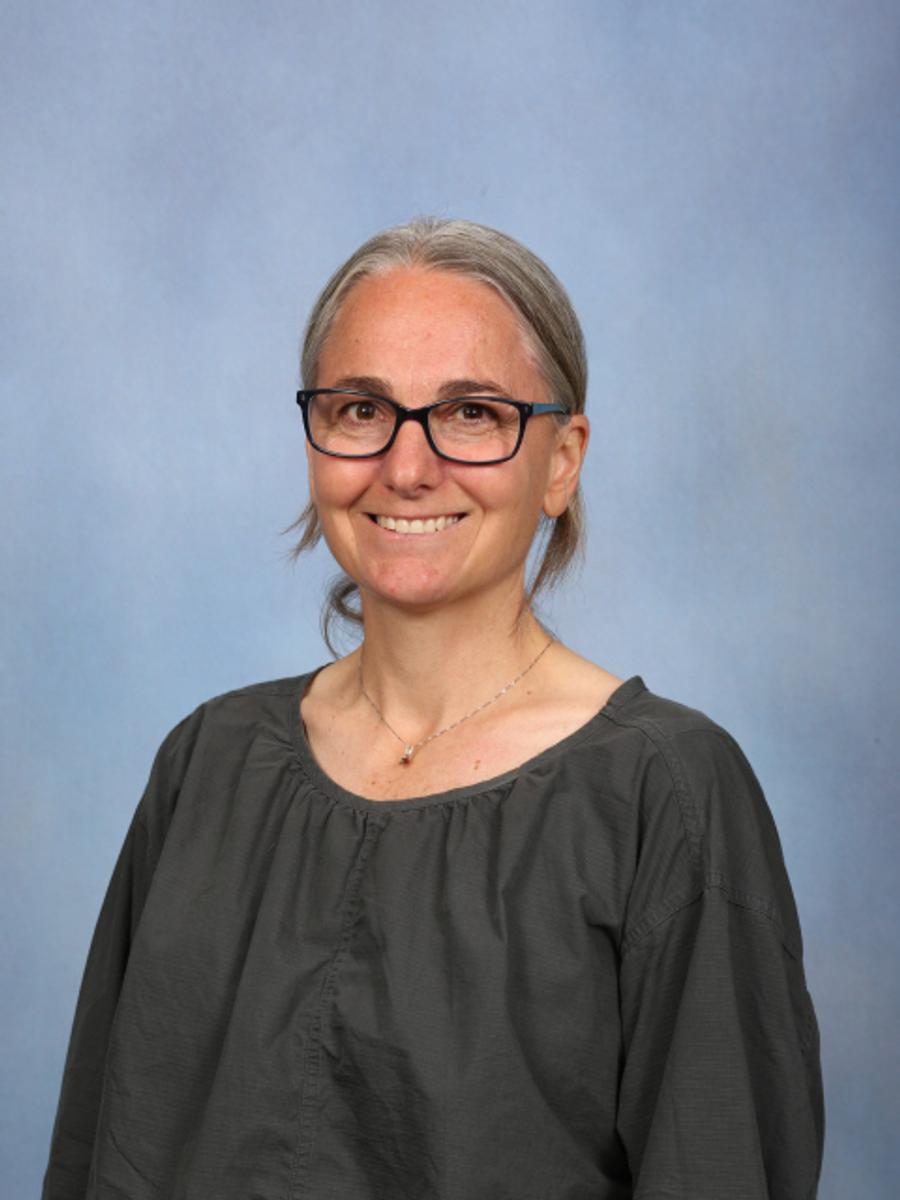Teaching & Learning

It has been a warm welcome from The Friends’ School community as I settle into my new role as Director of Teaching and Learning. I have learned a lot since starting in January and I am excited to be a part of this vibrant learning community. It is inspiring how our Purpose and Concerns guide teaching and learning and are embedded in all aspects of school life.
One aspect of school life I have noticed is the strong concern for every child’s education and the dedicated work of teachers to support all students in reaching their potential. The statement "that of God in everyone" is an important part of our approach to Access and Inclusion as all teachers recognise and celebrate the individual gifts of students. Sometimes these gifts present challenges for a learner, and additional support is needed to leverage these gifts in the context of school. Our inclusive practice model includes a Multi-Tiered System of Support (MTSS), which provides a framework to address the diverse needs across the school. The "Lifting Literacy" report from the Tasmanian Government also outlines the importance of schools adopting MTSS to ensure a minimum school guarantee for all students to achieve high literacy standards. However, our support goes beyond just supporting literacy.
MTSS is a structured framework that ensures interventions and resources are allocated according to individual student needs. It integrates academic, behavioural, and social-emotional learning to create a well-rounded approach to student success. Guidance from the Australian Education Research Organisation (AERO) shows that MTSS operates on a three-tiered system.
The first tier includes high-quality instruction and school-wide programs that benefit all students. Teachers use quality differentiated teaching practices and positive behaviour support strategies to create an inclusive and engaging learning environment. Regular assessments help monitor student progress, ensuring that everyone is on track. The Access and Inclusion team supports this tier by co-planning with the teacher and providing in-class support for all students.
The second tier is for students who require additional assistance beyond the first tier. These students receive small-group interventions tailored to their specific needs, whether in literacy, numeracy, or for other learning challenges. These targeted supports are designed to help students access the curriculum and stay engaged in their learning. They may be delivered within the classroom or in additional small groups outside of the classroom and feature strategies such as reteaching concepts, scaffolding writing or breaking down tasks for greater clarity.
The third tier is for a smaller percentage of students who need more individualised support, providing intensive one-on-one interventions for those facing significant challenges. Teachers collaborate with the Access and Inclusion team and families to implement these tiers into practice. Tier three support may be provided within the classroom or within the learning hubs or small classrooms across the school by the classroom or one of the Access and Inclusion teachers.
How tiers of support work in MTSS (2024) [illustration], Australian Education Research Organisation, accessed 18 March 2025.
MTSS aims to receive timely support and promotes equity by recognising that different students need different levels of support at different times to achieve success. Some key benefits include:
- early identification of challenges through regular monitoring and data-driven decision-making,
- a collaborative approach where teachers and families work together to support student success,
- a focus on the whole child by addressing academic, behavioural, and emotional needs,
- improved student outcomes, with research showing that MTSS leads to higher, academic achievement and better social-emotional wellbeing.
Families play a vital role in the success of MTSS. Communication between parents and teachers is essential to understanding student needs and progress. If a child requires additional support, teachers will co-develop an individual learning plan that outlines the levels of support and the adjustments needed for the child to access their learning. Families are encouraged to stay engaged, ask questions, and collaborate with teachers to ensure the best possible outcomes for their child.
At Friends’, fostering a supportive and inclusive learning environment is a priority, ensuring every student has the opportunity to succeed and reach their potential. MTSS is just one of the many ways learning is personalised and responsive.
Megan Eddington - Director of Teaching and Learning (K to 12)


